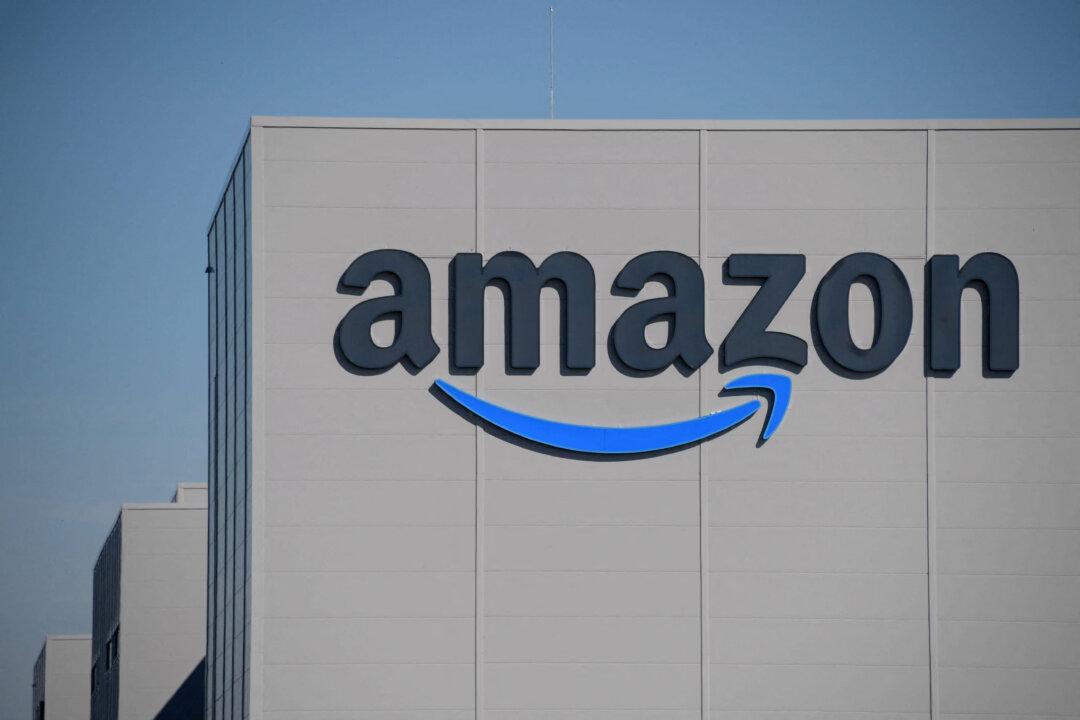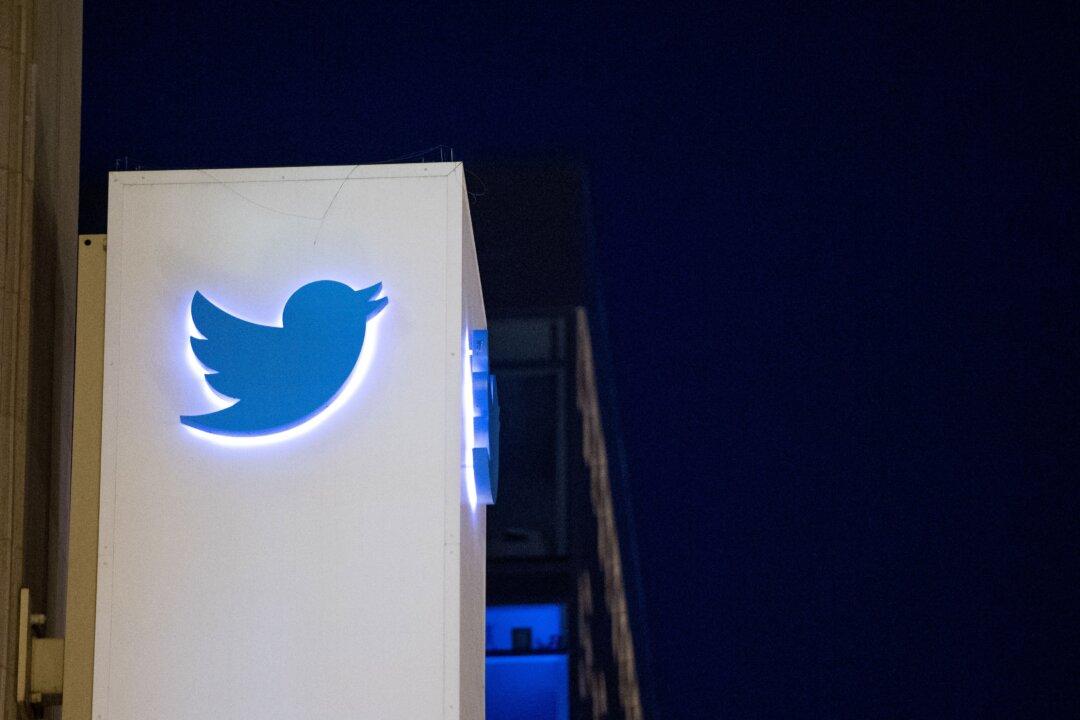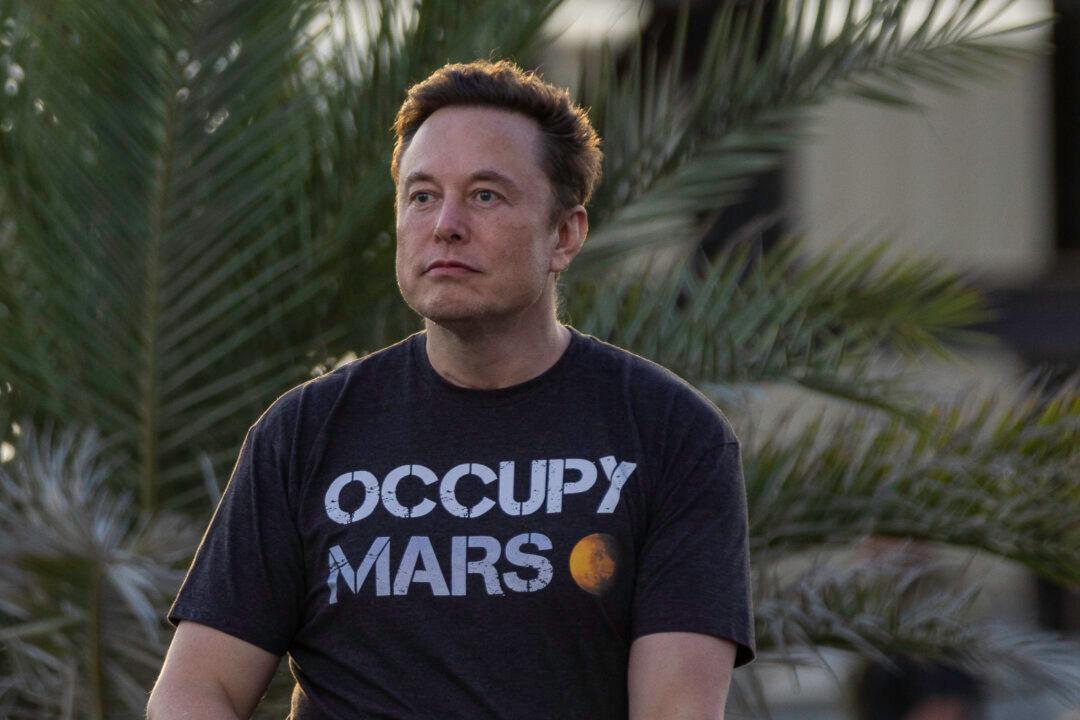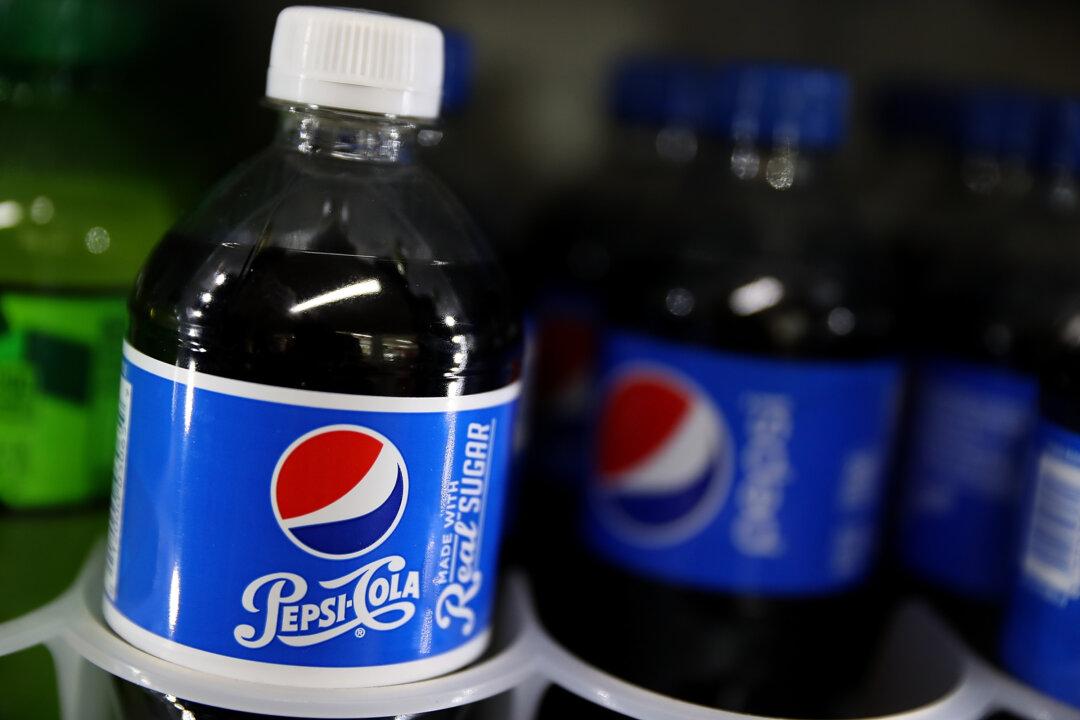Amazon.com Inc. said Wednesday that satellites for its Project Kuiper internet program will be launched by the new Vulcan rocket in early 2023.
The Jeff Bezos-founded company said in a statement that its first two satellites—Kuipersat-1 and Kuipersat-2—will be launched on the maiden flight of the United Launch Alliance’s (ULA) new Vulcan Centaur rocket early next year.





